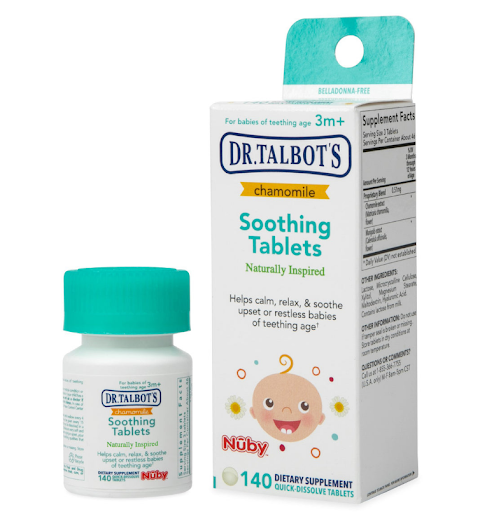Breastfeeding is a lovely connection between mother and child. Parental love is a journey, but it’s not without hurdles, particularly when those lovely little teeth start to emerge! Teething makes nursing difficult. You’re in unfamiliar seas with a cranky, unhappy infant who may start using your nipples as a teething toy.
Don’t worry. Many women went through teething while nursing. While it’s not always easy, you can overcome this with the correct knowledge and suggestions.
Let’s explore ways to make this portion of breastfeeding easier for you and your baby.
Table of Contents
The Teething Process
Teething in newborns begins at six months. It signifies a new stage in their kid’s growth and is significant for parents and youngsters.
Let’s discuss teething symptoms. You may notice things when a baby is teething. One of the most prevalent symptoms is excessive drooling! Babies are fountains. Thus, their clothing often gets wet. The body creates additional saliva to relieve the pain of impending teeth.
Also frequent with teething is irritation. Understandably, babies are irritable at this period. Teeth pushing through gums may be painful. They may fuss more, have difficulties sleeping, or look uneasy. You can provide gentle teething care with Chamomile tablets, a chilled teething ring, or even by massaging their gums with a clean finger.
A baby may bite on everything they can get their little paws on. Biting down on items relieves some of the pain. So don’t be shocked if they chew on their favorite teething toys or fingers.
These symptoms may also include swollen or red gums and a low-grade fever. If these symptoms continue or worry you, visit your physician.
Challenges of Teething and Breastfeeding
Breastfeeding during teething can present some challenges for both mom and baby. Here are a few issues that you might face along the process.
Sore Gums
Teething can make your baby’s gums sore and tender, making breastfeeding uncomfortable or even painful. Babies may hesitate to latch onto the breast because of the pressure on their gums.
Increased Irritability
Teething can lead to increased irritability and fussiness in babies. It may affect their willingness to breastfeed and their ability to stay latched on for an extended period.
Change in Feeding Patterns
Teething can disrupt your baby’s regular feeding schedule. They may nurse more frequently for comfort or become more distracted during feeds as they explore the sensations in their mouth.
Decreased Appetite
Some teething babies may experience a temporary decrease in appetite, making them less interested in breastfeeding. It can concern breastfeeding mothers who worry about their baby’s nutrition.
Tips for Navigating Teething and Breastfeeding
Despite these challenges, there are ways to successfully navigate the teething and breastfeeding stages. Here are some tips that can help you and your baby get through this time:
Offer Teething Relief Before Feeding
Before you begin nursing, try massaging your baby’s gums with a clean finger or offering them a teething ring in the refrigerator to ease their discomfort. It may assist in making nursing a more pleasant experience for them.
Use Teething Toys
You may fulfill your baby’s want to chew by providing them with safe teething toys or teethers made of silicone. While you are nursing, this may help relieve some of the pressure on your nipples.
Try Different Nursing Positions
It may be useful to try different breastfeeding positions to discover one that is more pleasurable for you and your baby throughout the teething phase of your child’s development. There is a chance that reclining on your side or laying back will make the discomfort in your gums disappear more quickly.

Maintain Good Latch
During breastfeeding, it is important to ensure that your infant has a healthy latch to reduce pain and avoid nipple injury. If you are uncertain how your baby is latching on, you should speak with a lactation expert.
Stay Hydrated
To boost your milk production, particularly when your baby may be nursing less due to the pain of teething, ensure that you are keeping well-hydrated and maintaining a balanced diet.
Be Patient and Flexible
It is important to remember that the discomfort associated with teething is just temporary and that your baby’s eating habits will return to normal once all of their teeth have sprouted. Maintain patience, be adaptable, and be attentive to your child’s requirements.
Consult a Healthcare Professional
Do not be afraid to seek the advice of a doctor or a lactation consultant if the symptoms of your baby’s teething seem severe or if you have worries about their eating habits or general health.
Conclusion
The teething process might make it more difficult to continue nursing, but if you have patience, understanding, and the correct tactics, you can get through this time successfully. Remember that teething is only a passing phase in your child’s growth and that your ability to nurse your child may continue to be successful with the right support and attention.
You may guarantee that you and your infant will reap the many advantages of nursing by providing your teething baby with the solace and understanding they need during this difficult period.
















